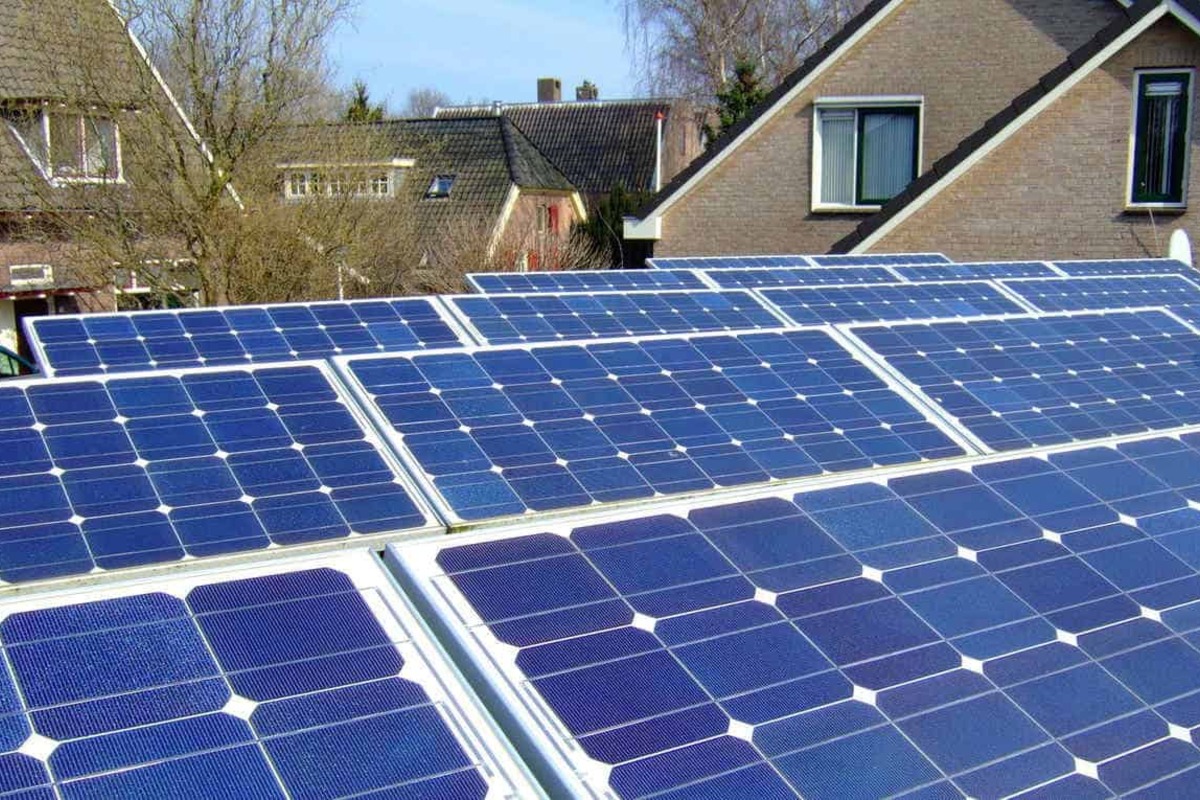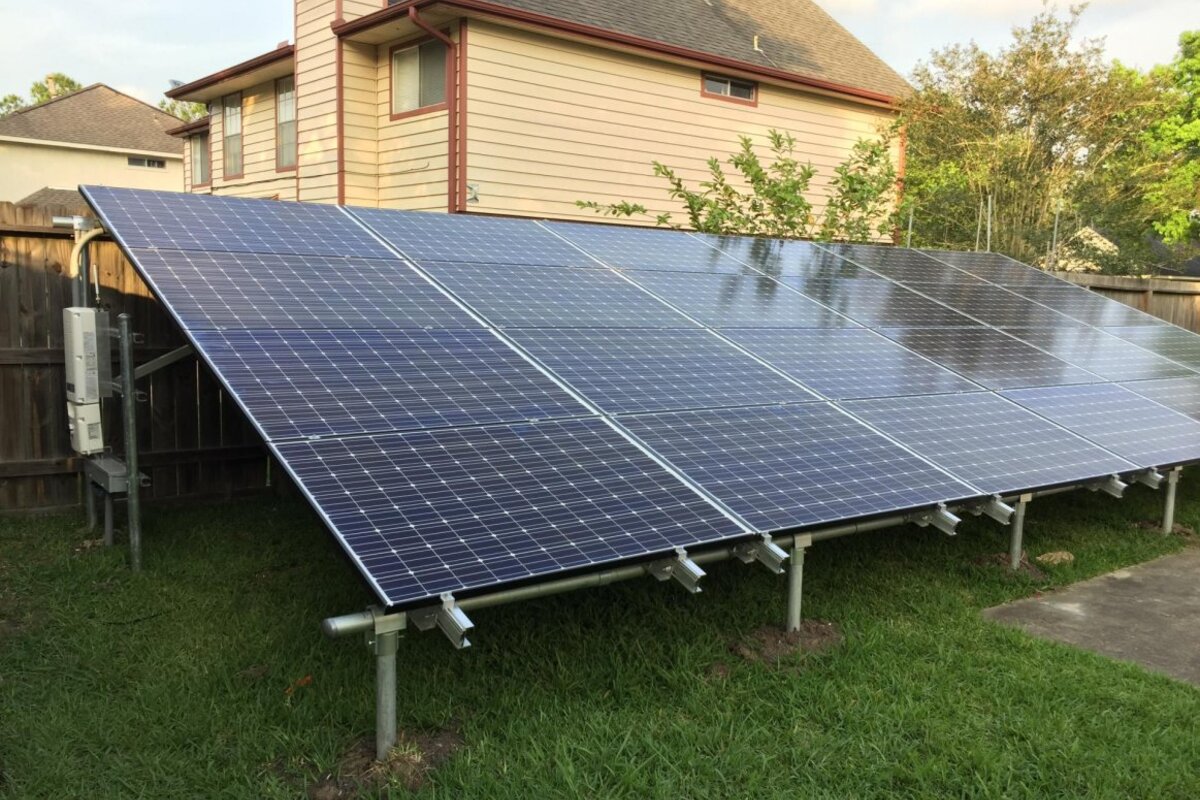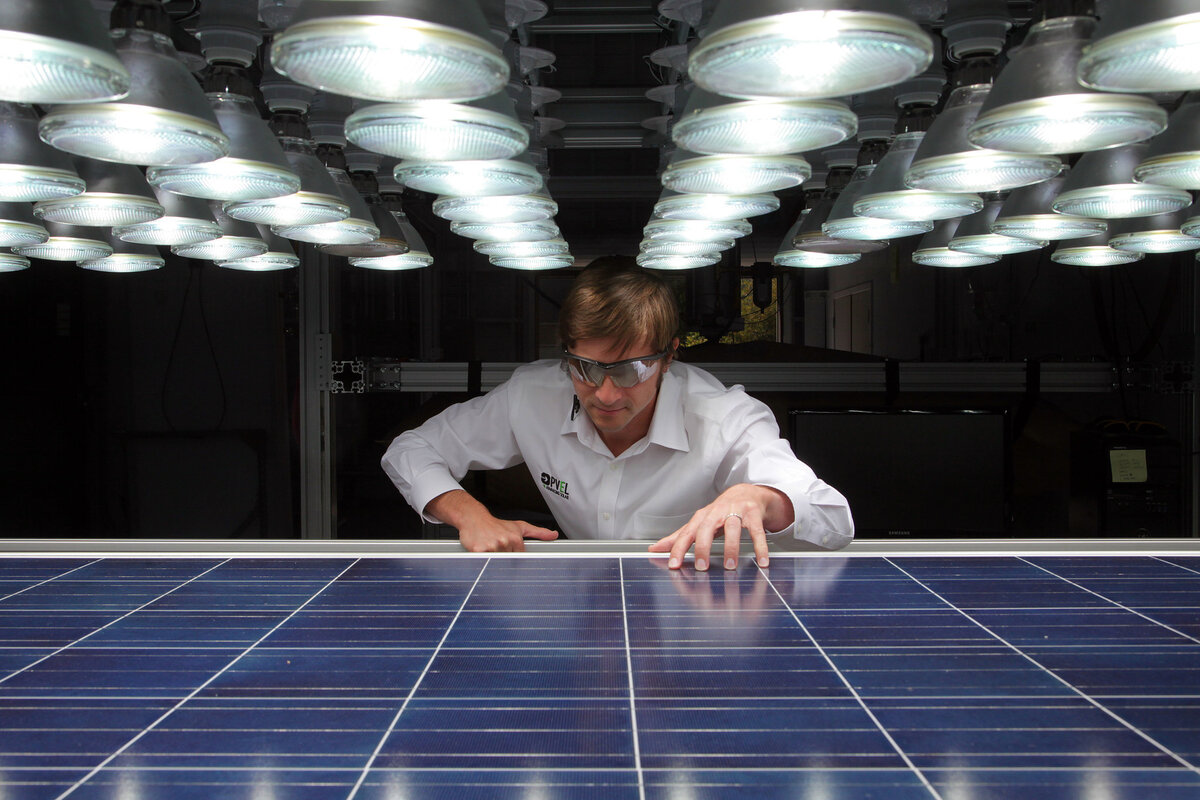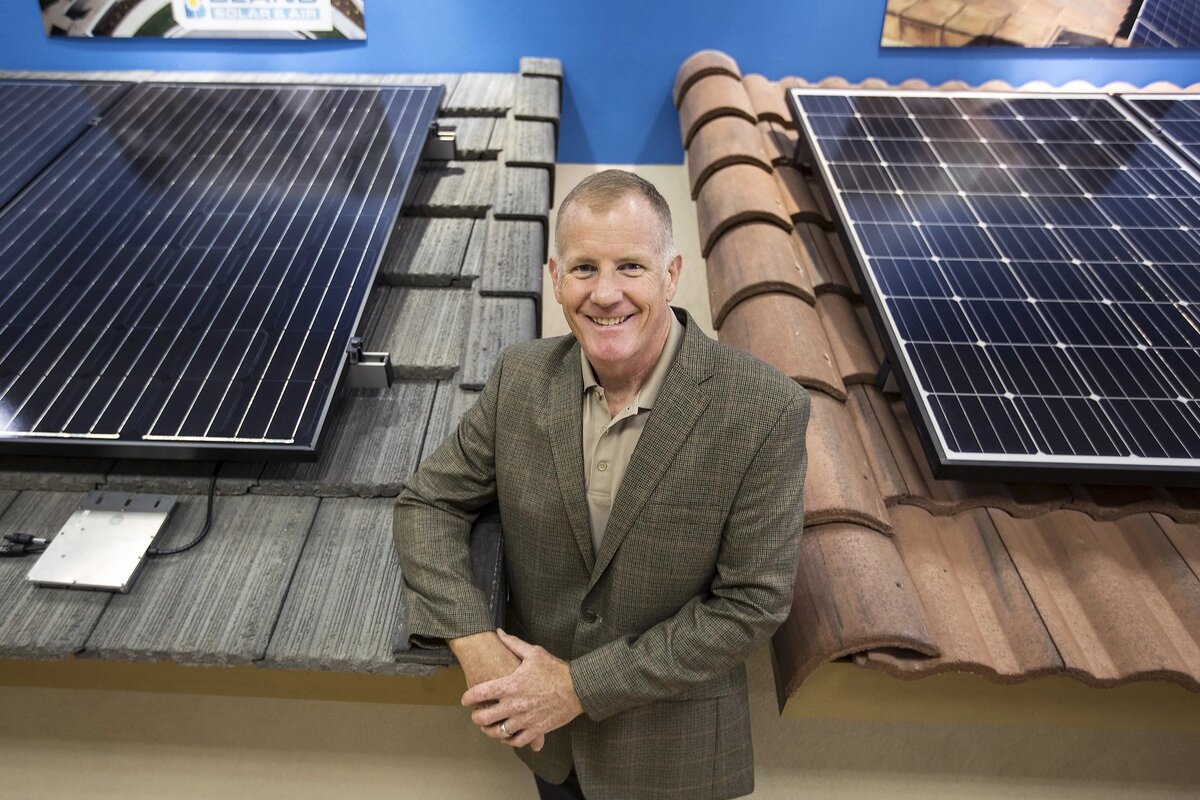Making the switch to solar energy will present you with numerous advantages, such as lower energy bills, diminished carbon footprints, and augmented property values. Nonetheless, adopting solar power may not be a suitable choice for everyone.
In this guide, we’ll help you determine whether investing in solar is a worthwhile endeavor for your home.
Average Cost of Solar Panels
The average cost of solar panels is approximately $16,000, although certain solar panel systems can exceed $35,000 in price. The exact amount you might end up paying varies based on factors like location, home dimensions, and solar installer rates.
It’s essential to recognize that the investment in a solar system encompasses more than just panel expenses. You must also factor in additional costs, including supplementary equipment like solar batteries designed to store energy during periods of low sunlight in winter.
Additionally, ongoing maintenance and upkeep expenses are crucial considerations, as they contribute to extending the lifespan of solar panels and subsequently enhancing overall savings.
On a positive note, solar panel costs have decreased by over 50% in the past decade, as reported by the Solar Energy Industries Association (SEIA). The average solar energy system is priced at approximately $25,000, although the actual cost varies depending on system size, regional pricing trends, and the selected solar installer.
How Much You Can Potentially Save
Solar panels generally have a lifespan of about 25 to 30 years before experiencing a decline in efficiency. You can usually recover your initial investment within approximately six to 10 years.
This implies that after paying off the solar panels, you can expect to enjoy more than 16 years of utility bill savings on average.
Here’s an example:
Let’s assume you pay the national average of $16,000 for solar panel installation. With the 30% tax credit ($4,800), your net cost amounts to $11,200. If you save an average of $100 per month on electricity after the payback period, that totals $1,200 per year.
Multiply this by 16 years, and you achieve savings of $19,200. This calculation doesn’t encompass potential earnings through net metering, a program that permits solar panel owners to sell surplus energy back to the grid, reducing the reliance on fossil fuels by the electric grid.
As such, it’s essential to research and ascertain if net metering is available in your region and from your provider.
However, there are instances when solar panels might not deliver the expected return on investment due to factors like faulty equipment or suboptimal sunlight exposure. To determine a solar panel system’s anticipated production rate in your area and assess potential output challenges, consulting a professional is recommended.
Seeking recommendations from acquaintances for the best solar companies in your locality can be helpful. Additionally, you can explore customer reviews of solar companies on platforms like the Better Business Bureau and online review sites.
Final Thoughts
The installation of solar panels on your home can serve a dual purpose of environmental conservation and potential earnings through surplus energy sales to the grid.
That said, it’s still worth noting that despite the reduction in solar panel installation costs over the past decade, maintenance expenses can still be substantial for certain homeowners.





